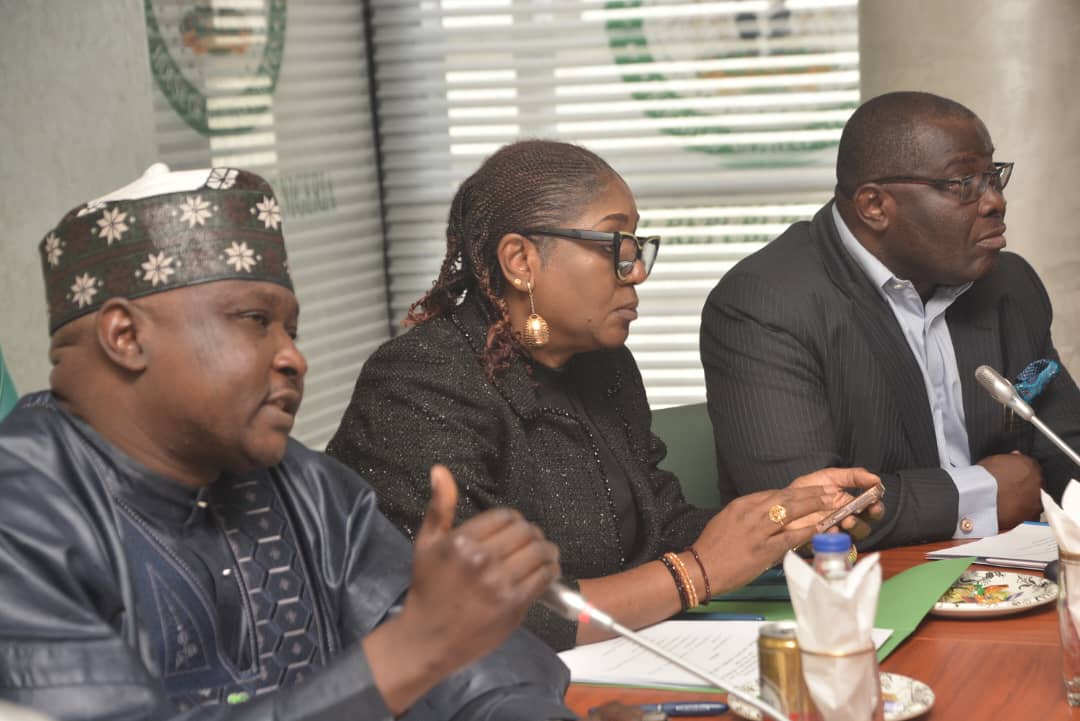Oil and gas regulators have opposed the proposal for a new decommissioning commission, saying framework already provided for in PIA

Stakeholders in Nigeria’s oil and gas industry have pushed back against a legislative proposal to create a new regulatory body solely for the decommissioning and abandonment of oil production facilities, arguing that existing frameworks are sufficient.
At an interactive session with lawmakers, representatives of the Nigerian Upstream Petroleum Regulatory Commission (NUPRC), alongside officials from the Ministries of Petroleum Resources (MPR) and Environment, and key agencies like National Oil Spill Detection and Response Agency (NOSDRA) and National Environmental Standards and Regulations Enforcement Agency (NESREA), warned that establishing a new commission would only duplicate existing responsibilities and add unnecessary bureaucracy.
Chairing the session, Rep. Alhassan Ado Doguwa described the proposed National Commission for the Decommissioning of Oil and Gas Infrastructure (NC-DOGI) Bill as a “landmark legislative initiative” designed to bring Nigeria in line with global decommissioning standards while safeguarding host communities and the environment.
“This bill is a leadership bill,” Rep. Doguwa emphasized. “It aims to coordinate Nigeria’s decommissioning efforts and ensure proper facility abandonment to prevent environmental hazards.”
But industry regulators weren’t convinced.
NUPRC’s Director of Production and Development, Mr. Mark Emmanuel, strongly opposed the proposal, insisting that Nigeria’s Petroleum Industry Act (PIA) already provides a comprehensive legal framework for decommissioning activities.
“Sections 232 and 3 of the PIA clearly assign decommissioning obligations to licensees and lessees. These are strictly enforced under NUPRC’s oversight,” Emmanuel stated. “The funds for decommissioning are not public revenue but are escrowed by operators under regulatory supervision. A new agency would only create redundancy.”
He further argued that most Nigerian oil fields are still active, making the establishment of a dedicated decommissioning agency premature.
“Unlike the north sea, where decommissioning is in full swing, Nigeria’s oil sector is expanding. Creating a standalone commission now would be idle and wasteful,” Emmanuel added.
Supporting this position, Mrs. Rofikat Odetoro, Director of Environmental Assessment at the Ministry of Environment, cautioned against duplicating functions already covered under Environmental Impact Assessments (EIA) and existing regulatory agencies.
“Rather than build new bureaucracies, we should strengthen NOSDRA and other relevant institutions already tasked with environmental oversight,” she said.
Despite the opposition, concerns were raised about the gap between regulatory frameworks and actual enforcement, especially in the Niger Delta, where host communities continue to suffer from the aftermath of improperly abandoned oil infrastructure.
Doguwa, in his closing remarks, assured stakeholders that the committee would undertake a thorough review of all submissions.
“We are committed to an inclusive process. We will analyze every document, and if agencies fail to engage further, we’ll take this conversation to the field. Your expertise is vital as we craft this legislative path,” Rep. Doguwa concluded.

